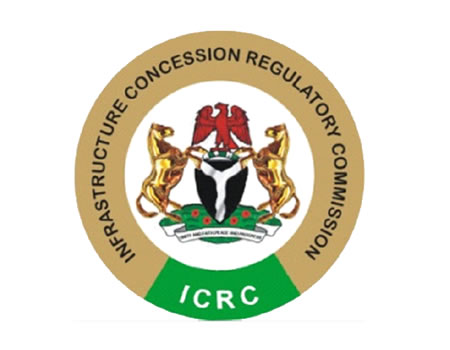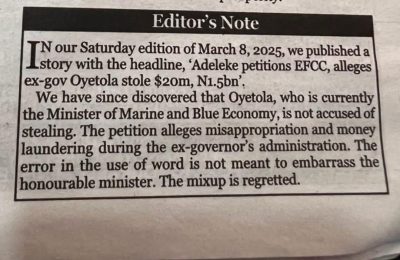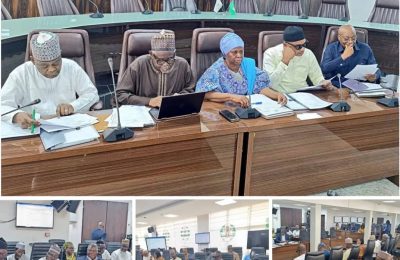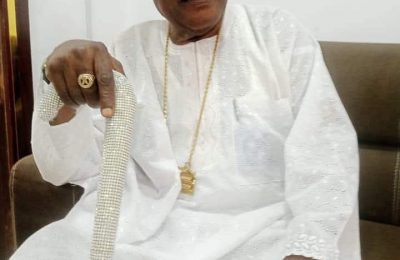
Checks by the Nigerian Tribune have revealed that various deep seaport projects scattered across the country worth about $1.2 trillion have been delayed due to paucity of funding, land acquisition, Environmental Impact Assessment (EIA) issues, amongst others.
The Nigerian Tribune investigations showed that projects like the $2 billion Ibom Deep seaport, $2.5 billion Badagry Deep seaport, $2.9 billion Escravos Deep seaport, $1.5 billion Ondo Deep Seaport and the $3.5 billion Bakassi Deep seaport have all struggled to pick up since their various approvals by the Federal Executive Councils (FEC) at various periods.

Data sourced from the website of the Infrastructure Concession Regulatory Commission (ICRC) showed that the $2 billion Ibom Deep seaport, which was approved by FEC in December 2020, has had its Full Business Compliance (FBC) certificate validated twice due to lack of activity on the project.
According to the ICRC, “The Ibom Deep seaport FBC certificate was first validated on the February 12, 2020 and later revalidated and re-issued on September 17, 2020 with 6 months validity after expiration of the initial FBC certificate.”
However, four years down the line, nothing much has taken place on the $2 billion Ibom Deep seaport project due to funding challenges and logistics issues.
A source close to the Ministry of Marine and Blue Economy told the Nigerian Tribune that “The entire funding for Ibom Deep seaport is $4.6 billion. After the FEC approved the first phase of the project, funding has been an issue but the promoters are working speedily to ensure the project comes back on track.”
For the $2.5 billion Badagry Deep seaport, checks also on the ICRC website revealed that the FEC approval came on August 3, 2022 for a 45-year concession period.
However, activities on the Badagry deep seaport have slowed due to difficulties in getting the Environmental Impact Assessment (EIA) certificate because of its proximity to the Lekki Deep seaport project.
Our correspondent, who visited the Badagry deep seaport site recently, confirmed that nothing has been done on the site, despite claims that the port will be ready in 2025.
The $3.5 billion Bakassi deep seaport in Cross River State has also seen little development with the last update on the project coming from the ICRC in September 2019.
“Outline Business Case Certificate of Compliance was granted for the project on September 25, 2019 to enable the project to proceed to procurement phase,” the ICRC stated on its website.
For the $1.5 billion Ondo deep seaport, the ICRC said that its Outline Business Case (OBC) Certificate was issued on the December 30, 2022. No fresh update has been posted on the Ondo deep seaport since 2022, checks by the Nigerian Tribune further revealed.
The $2.9 billion Escravos Deep Seaport in Delta State has delayed due to challenges associated with land acquisition and Environmental Impact Assessments (EIA) issues.
Responding recently to the delay regarding the $2.9 billion Escravos deep seaport project, which is being promoted by a Nigerian firm, Mercury Maritime Concession Company, in collaboration with EDIB International of Hong Kong, the immediate past Managing Director of the Nigerian Ports Authority (NPA), Mr Mohammed Bello Koko, had revealed on his X handle that the proposal submitted by the promoters of the Escravos Deep Seaport project has not provided the authority with the necessary information to advise further.
According to Bello Koko: “Mercury Maritime Concession Company Ltd (MMCC) submitted a proposal and wants the Nigerian Ports Authority (NPA) to approve its request as the only deep seaport-free zone in the eastern zone of the country for decades to come.
“The authority has received many proposals for developing deep seaports, including Ibom, Burutu, Bakassi, Bonny and Port of Benin, which are currently at different stages of review. Nonetheless, we carefully outlined the requirements for this project.
“The initial phase involves acquiring land. The availability and suitability of the site are essential for the successful development of the port. This process is yet to be accomplished. Although the classic position is for the authority to acquire the land and grant a concession on it to the private party, recent concessions granted by the government allowed private parties to acquire the land, hold it for an agreed term and, after recovering the cost, transfer it to the authority. Examples are the Lekki and Badagry Deep seaports.”
READ ALSO: South-West hunters threaten strike over alleged victimisation








